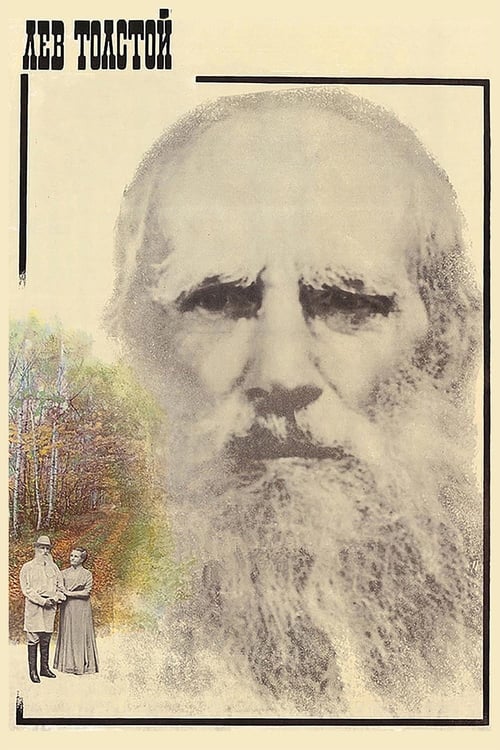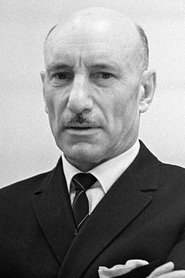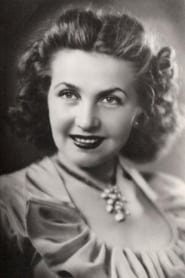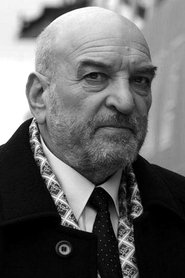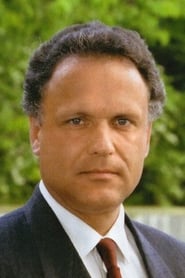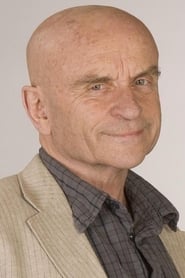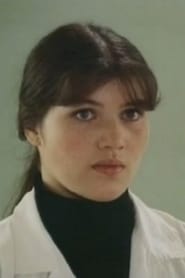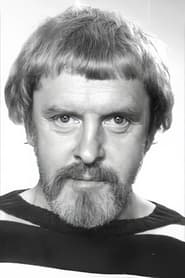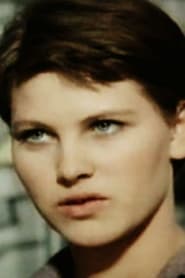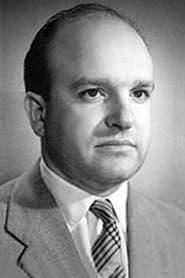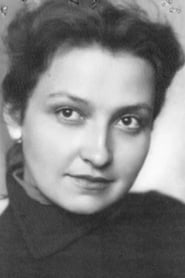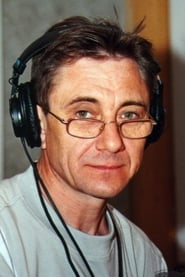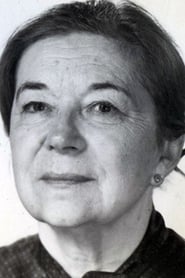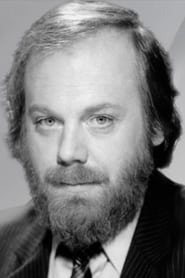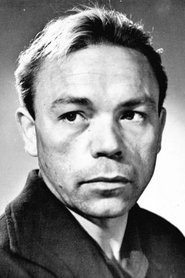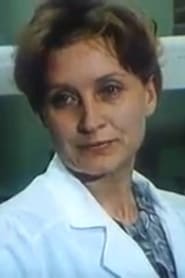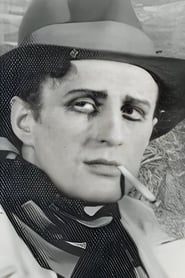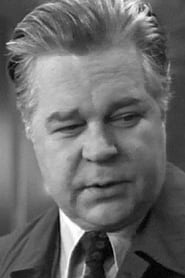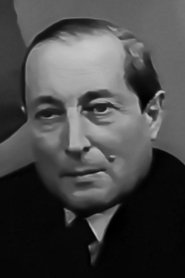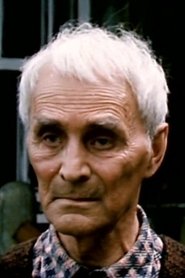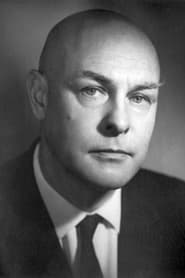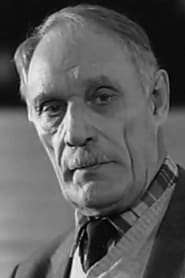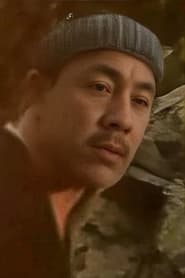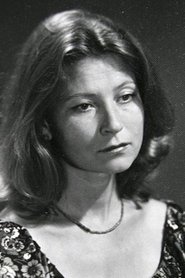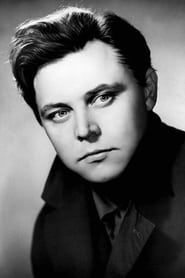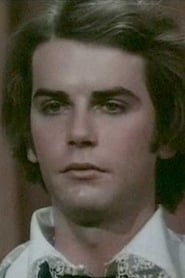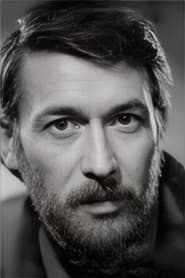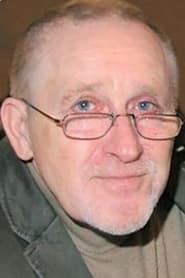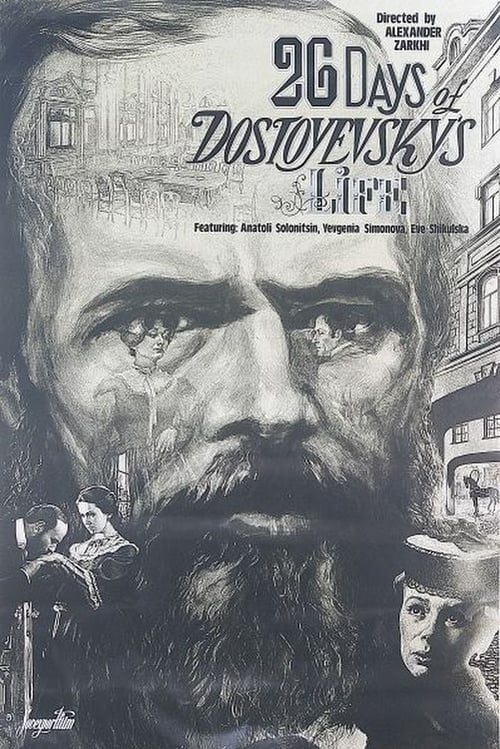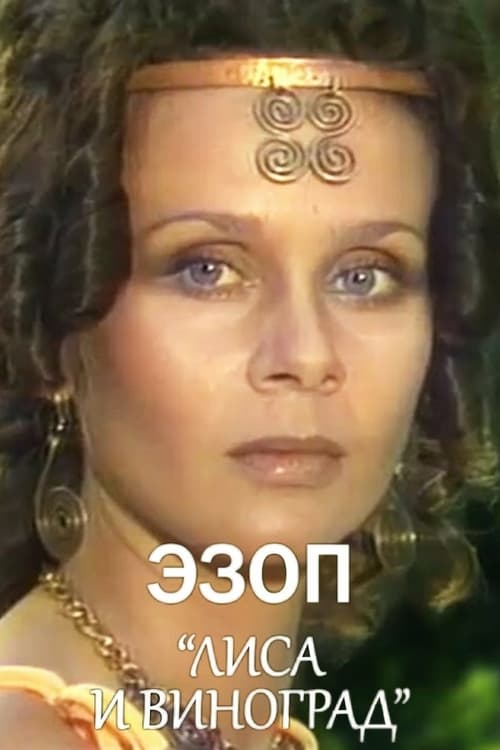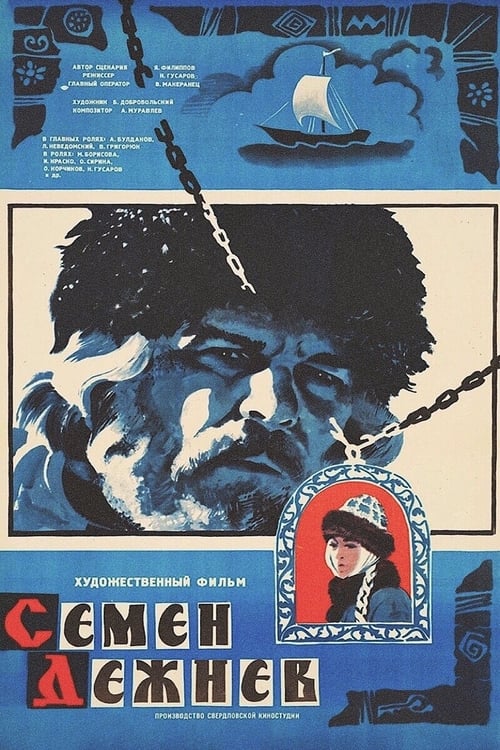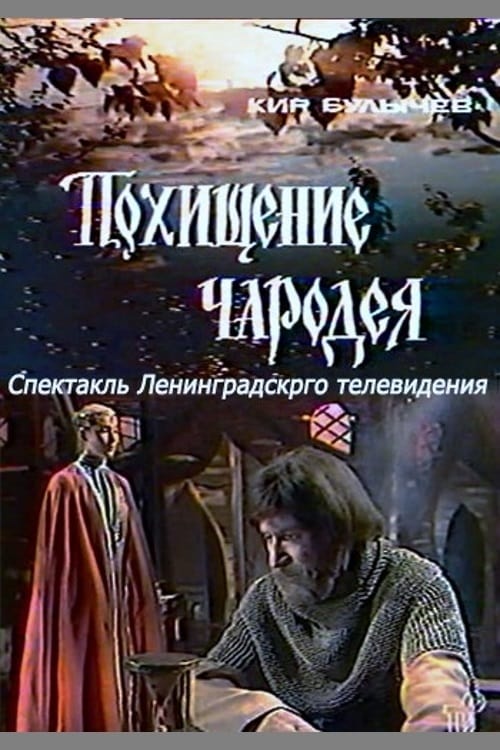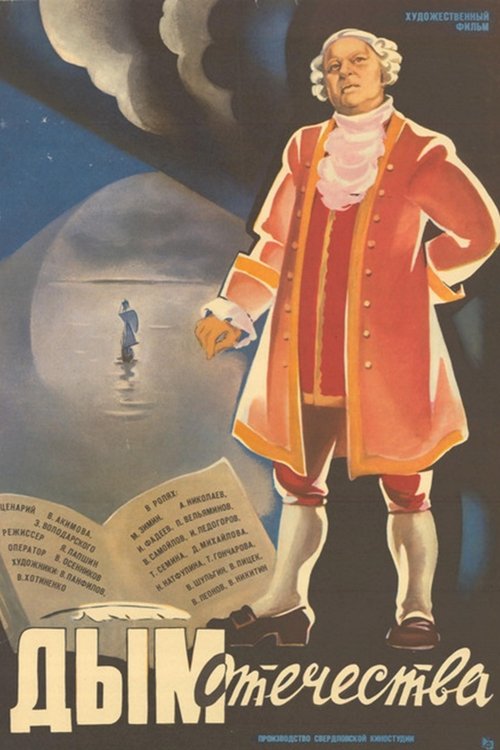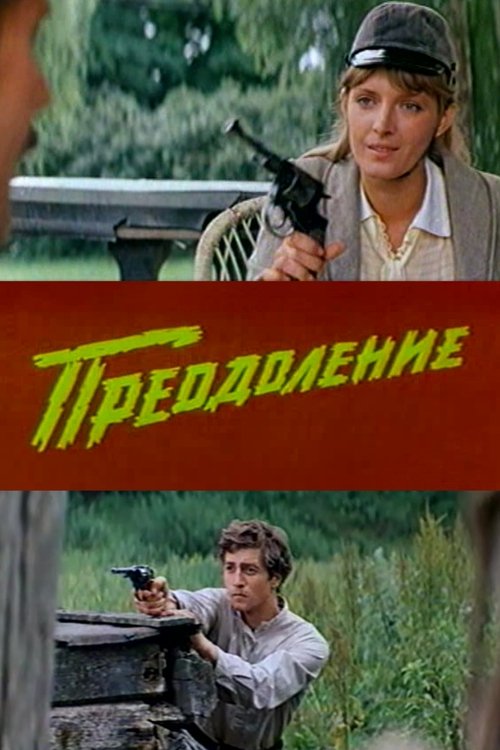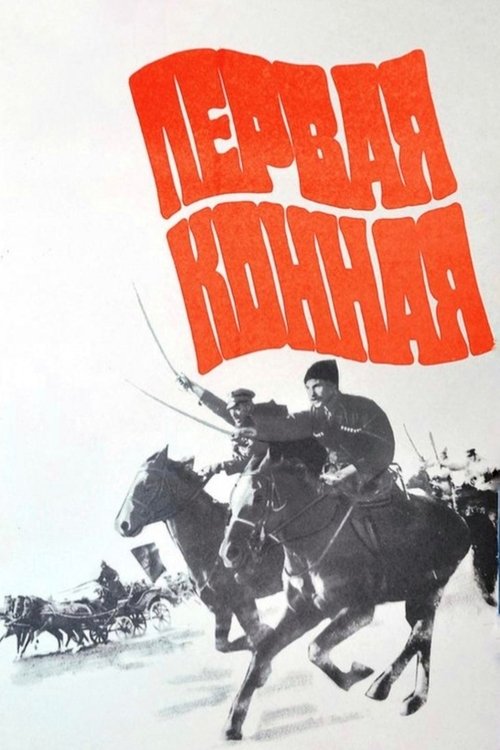
Ask Your Own Question
What is the plot?
More Movies Like This
Browse All Movies →What is the ending?
In the ending of the movie "Lev Tolstoy," the renowned author Leo Tolstoy, after a lifetime of literary achievement and philosophical exploration, faces his final days. He leaves his estate, seeking a simpler life, but ultimately succumbs to illness. His family, particularly his wife Sofya, struggles with the emotional turmoil of his departure and the implications of his legacy. The film concludes with Tolstoy's death, leaving behind a complex legacy that intertwines love, conflict, and the search for meaning.
As the film approaches its conclusion, we find Leo Tolstoy increasingly disillusioned with the life he has led. The scene opens with him in his grand estate, surrounded by the trappings of his success, yet he feels a profound emptiness. The camera captures the weight of his thoughts, the shadows of his past achievements looming large. He expresses a desire to leave everything behind, to escape the expectations of his family and the world. This moment is filled with tension, as his wife Sofya, portrayed with deep emotional complexity, pleads with him to stay. Her face reflects a mixture of love, fear, and desperation, as she grapples with the thought of losing her husband.
In a pivotal scene, Tolstoy makes the decision to leave, taking only a few belongings. The atmosphere is heavy with unspoken words as he walks away from the estate, the camera lingering on Sofya's anguished expression. She watches him go, her heart breaking as she realizes the depth of his resolve. This moment encapsulates the conflict between personal freedom and familial duty, a recurring theme throughout the film.
As Tolstoy travels, he is accompanied by a small group of followers, including his devoted disciple Chertkov. The journey is fraught with physical and emotional challenges. The landscape shifts from the familiar comforts of his home to the stark realities of the road. The cinematography captures the beauty and harshness of nature, mirroring Tolstoy's internal struggle. He is torn between his ideals and the reality of his failing health.
In a poignant scene, Tolstoy collapses from exhaustion and illness. The followers rally around him, their concern palpable. The camera focuses on his frail body, a stark contrast to the vibrant man he once was. As he lies there, he reflects on his life, the choices he made, and the love he shared with Sofya. His internal monologue reveals a man seeking redemption and understanding, grappling with the weight of his legacy.
Eventually, Tolstoy is taken to a small railway station, where he is cared for by a kind-hearted stationmaster and his wife. The simplicity of this setting contrasts sharply with the grandeur of his former life. Here, Tolstoy finds a moment of peace, surrounded by the warmth of human kindness. However, his health continues to decline, and he knows his time is short.
In the final moments of the film, Tolstoy passes away, surrounded by his followers. The scene is quiet, filled with a sense of solemnity and reverence. His death is portrayed with dignity, emphasizing the impact of his life and work. The camera captures the faces of those around him, reflecting a mixture of grief and gratitude for the man who changed literature and philosophy.
Sofya, back at the estate, receives the news of his passing. Her reaction is one of profound sorrow, a culmination of years of love, conflict, and shared history. The film closes with a sense of unresolved tension, highlighting the complexities of their relationship and the legacy Tolstoy leaves behind. Each character is left to grapple with the implications of his life and the void his absence creates, underscoring the film's exploration of love, loss, and the search for meaning in the human experience.
Is there a post-credit scene?
The movie "Lev Tolstoy," produced in 1984, does not contain a post-credit scene. The film concludes with a poignant reflection on the life and legacy of the renowned author, focusing on his final days and the philosophical struggles he faced. The narrative wraps up without any additional scenes or content after the credits, leaving the audience to contemplate Tolstoy's impact on literature and his personal journey.
What internal conflicts does Lev Tolstoy face throughout the film?
Lev Tolstoy grapples with profound internal conflicts regarding his beliefs, the meaning of life, and his role as a writer. He is torn between his aristocratic lifestyle and his desire for a simpler, more authentic existence. This struggle is depicted through his interactions with family, friends, and followers, showcasing his emotional turmoil as he seeks to reconcile his literary fame with his spiritual quest.
How does Tolstoy's relationship with his wife, Sofya, evolve in the film?
Tolstoy's relationship with Sofya is marked by tension and complexity. Initially, they share a deep bond, but as Tolstoy's philosophical views shift, Sofya feels increasingly alienated. The film captures their emotional struggles, highlighting Sofya's desperation for Tolstoy's affection and recognition, while Tolstoy becomes more consumed by his ideals, leading to poignant confrontations that reveal their love and conflict.
What role do Tolstoy's followers play in the narrative?
Tolstoy's followers, particularly those who embrace his teachings on non-violence and simplicity, serve as a reflection of his ideals and the impact of his philosophy. They are depicted as both admirers and challengers, pushing Tolstoy to confront the implications of his beliefs. Their presence in the film illustrates the tension between his public persona and private struggles, as they seek guidance while he grapples with his own doubts.
How does the film portray Tolstoy's views on death and mortality?
The film delves deeply into Tolstoy's contemplations on death and mortality, showcasing his fear and fascination with the end of life. Through poignant dialogues and reflective moments, Tolstoy expresses his desire to understand the meaning of existence and the inevitability of death. This theme is visually represented in scenes where he interacts with nature, symbolizing the cycle of life, and in his discussions with family and followers about the afterlife.
What significant events lead to Tolstoy's decision to leave his home?
Tolstoy's decision to leave his home is precipitated by escalating tensions with Sofya and his followers, as well as his growing discontent with his privileged lifestyle. Key events include heated arguments with Sofya over his beliefs, the pressure from his followers to live out his teachings, and his realization that he must seek a more authentic life. This culminates in a dramatic departure, symbolizing his quest for freedom and truth.
Is this family friendly?
The movie "Lev Tolstoy," produced in 1984, delves into the life of the renowned author Leo Tolstoy, exploring his philosophical beliefs, personal struggles, and the complexities of his relationships. While the film is primarily a biographical drama, there are several aspects that may be considered objectionable or upsetting for children or sensitive viewers:
-
Existential Themes: The film grapples with deep philosophical questions about life, death, and the meaning of existence, which may be heavy for younger audiences.
-
Family Conflict: There are scenes depicting tension and conflict within Tolstoy's family, particularly between him and his wife, which may be emotionally charged and distressing.
-
Depictions of Illness: The film includes portrayals of physical and mental decline, particularly in the later years of Tolstoy's life, which can be unsettling.
-
Death and Mortality: The narrative addresses themes of mortality and the inevitability of death, which may be difficult for sensitive viewers to process.
-
Emotional Turmoil: Characters experience significant emotional struggles, including despair and conflict, which could be intense for younger viewers.
Overall, while the film is a profound exploration of Tolstoy's life and ideas, its mature themes and emotional depth may not be suitable for all children or sensitive individuals.

